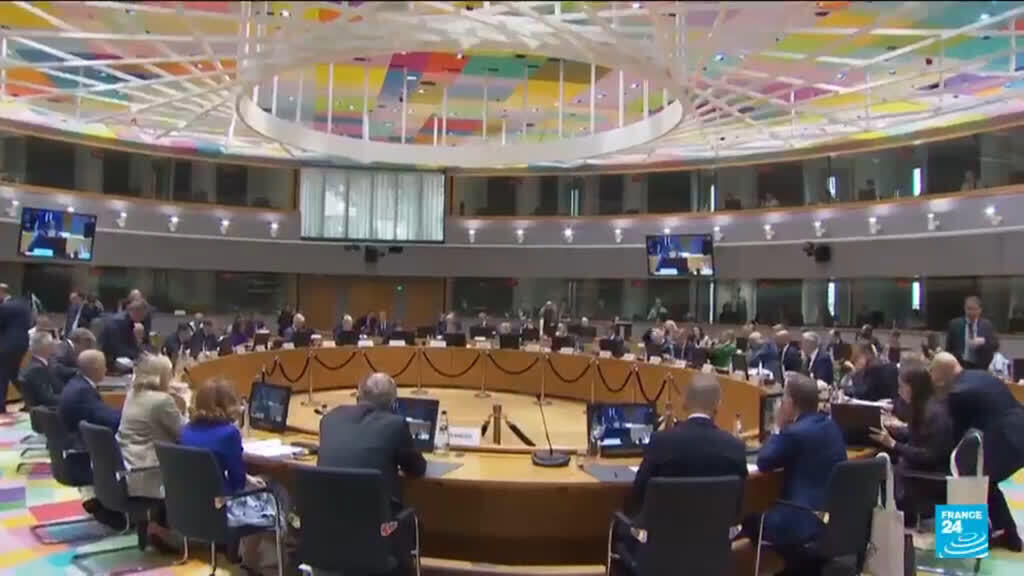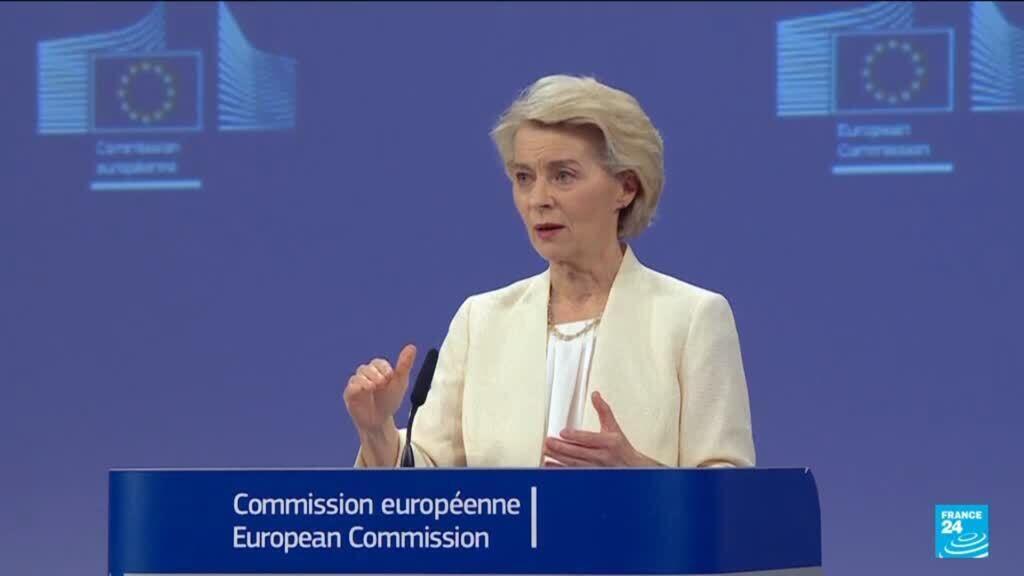On Friday, the European Union took a decisive step in its response to Russia's ongoing war in Ukraine by approving an 18th round of sanctions. These new measures are specifically aimed at further crippling Russia's oil and energy sector, which has been a vital component of the country’s economy and funding for the war effort.
The latest sanctions package includes the introduction of a floating price cap on Russian crude oil. This price cap is set at 15% below the average market price, a strategic move designed to bolster the impact of the existing $60 price cap that was implemented by the Group of Seven (G7) nations in December 2022. EU diplomats have indicated that the effectiveness of the previous cap has been limited, prompting this revised approach in an effort to tighten the economic screws on Russia.
By adjusting the price cap, the EU aims to create more financial pressure on Russia's energy exports, which have continued to be a significant source of revenue for the Kremlin amidst the ongoing conflict. The sanctions are expected to have a cascading effect, reducing Russia's ability to fund its military operations in Ukraine while also seeking to stabilize the global oil market amidst fluctuating prices.
The European Union's decision follows extensive discussions among member states, reflecting a unified stance against Russia’s actions in Ukraine. As the war enters a new phase, the EU appears to be committed to finding ways to enhance the impact of its economic sanctions, thereby demonstrating solidarity with Ukraine and its efforts to reclaim its territorial integrity.
Overall, this latest round of sanctions represents not only a continuation of the EU's long-standing policy toward Russia but also an adaptation to the realities of the war. By introducing more flexible pricing mechanisms, the EU seeks to prevent Russia from circumventing previous sanctions and to mitigate any adverse effects these sanctions may have on international markets.
In summary, the EU's approval of these sanctions signifies a critical moment in the ongoing geopolitical landscape shaped by the war in Ukraine. The focus on the energy sector, particularly through measures such as the floating price cap, highlights the strategic prioritization of weakening Russia's economic capabilities while simultaneously addressing global energy concerns.












